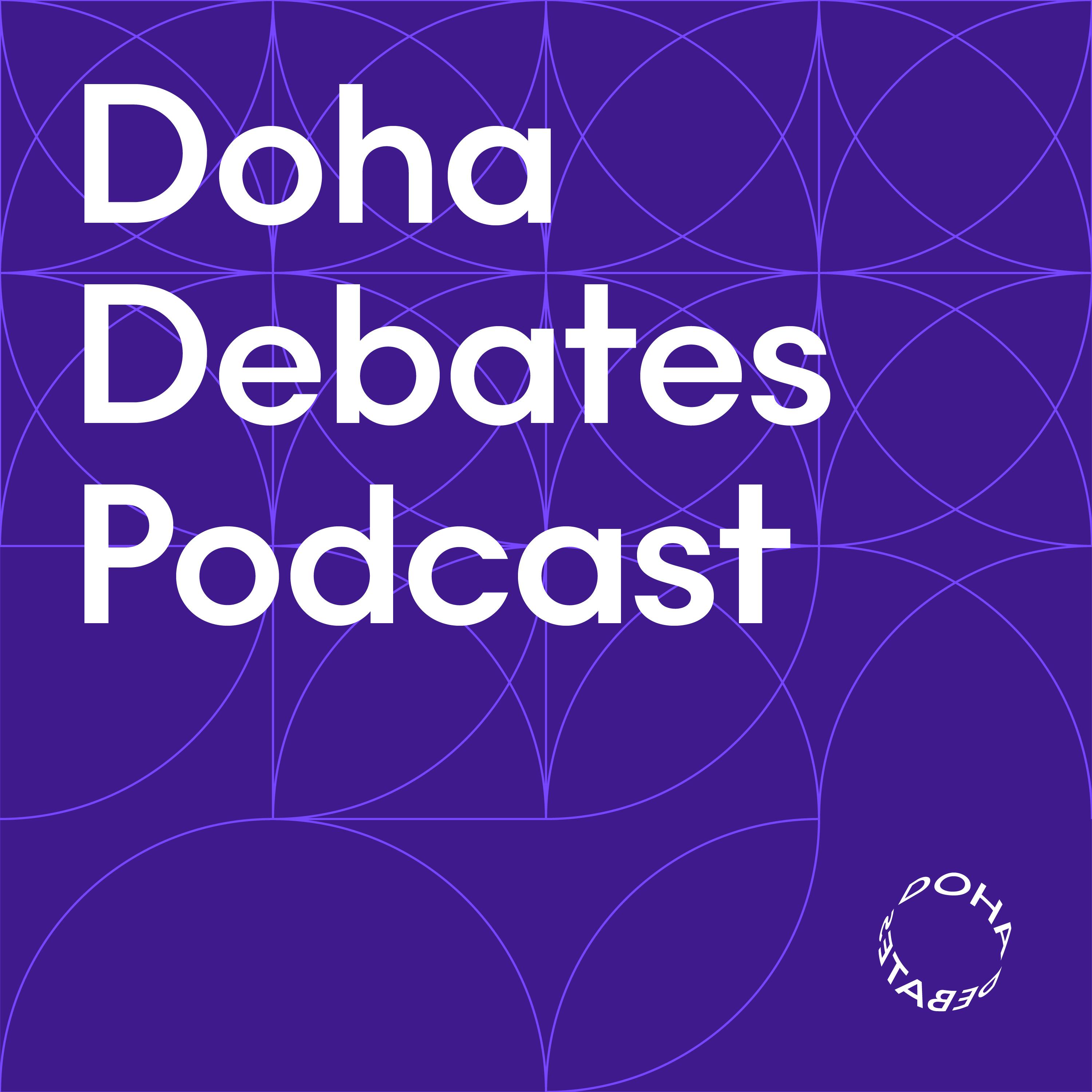ENCORE: Rise of the Rest: Who should lead in a multipolar world?
Description
What does a shift in the balance of power mean for the world? For much of the last 100 years, Western countries have dominated the global order. But now, with many nations vying for power, new regional partnerships and middle powers are on the rise. Economically, strategic alliances like BRICS are bolstering the influence of non-Western countries. And in a world that’s more digitally connected than ever, the global rise of pop culture heavyweights like Bollywood, dizi and K-pop means there’s more soft power in the hands of countries outside the historical superpowers.
At the same time, conflict is on the rise globally. Last year, the UN said there were more ongoing conflicts than at any point since World War II. Now, more than ever, it’s crucial to think about who should lead.
Students, recent graduates and expert speakers—Jon B. Alterman, Sawsan Chebli and Wadah Khanfar—come together for this Doha Debates town hall event that breaks down today’s most urgent issues, examines the impact of shifting global powers and answers the question: Who should lead in a multipolar world?
This town hall was moderated by journalist Femi Oke and produced in partnership with Doha Forum.
More Episodes
For the greater part of a century, conversations and narratives about global justice and free speech have been dominated by the West. From seminal works of history to newspapers of record to media networks to politics to public discourse, Western voices have often been louder than the rest.
And...
Published 07/16/24
Published 07/16/24
At Doha Debates, we believe that debate can help solve some of the world's most challenging problems. But are there limits to what free speech and debate can accomplish?
Social media has allowed more people to connect and share their perspectives than ever before. That has led to an immense...
Published 05/28/24


